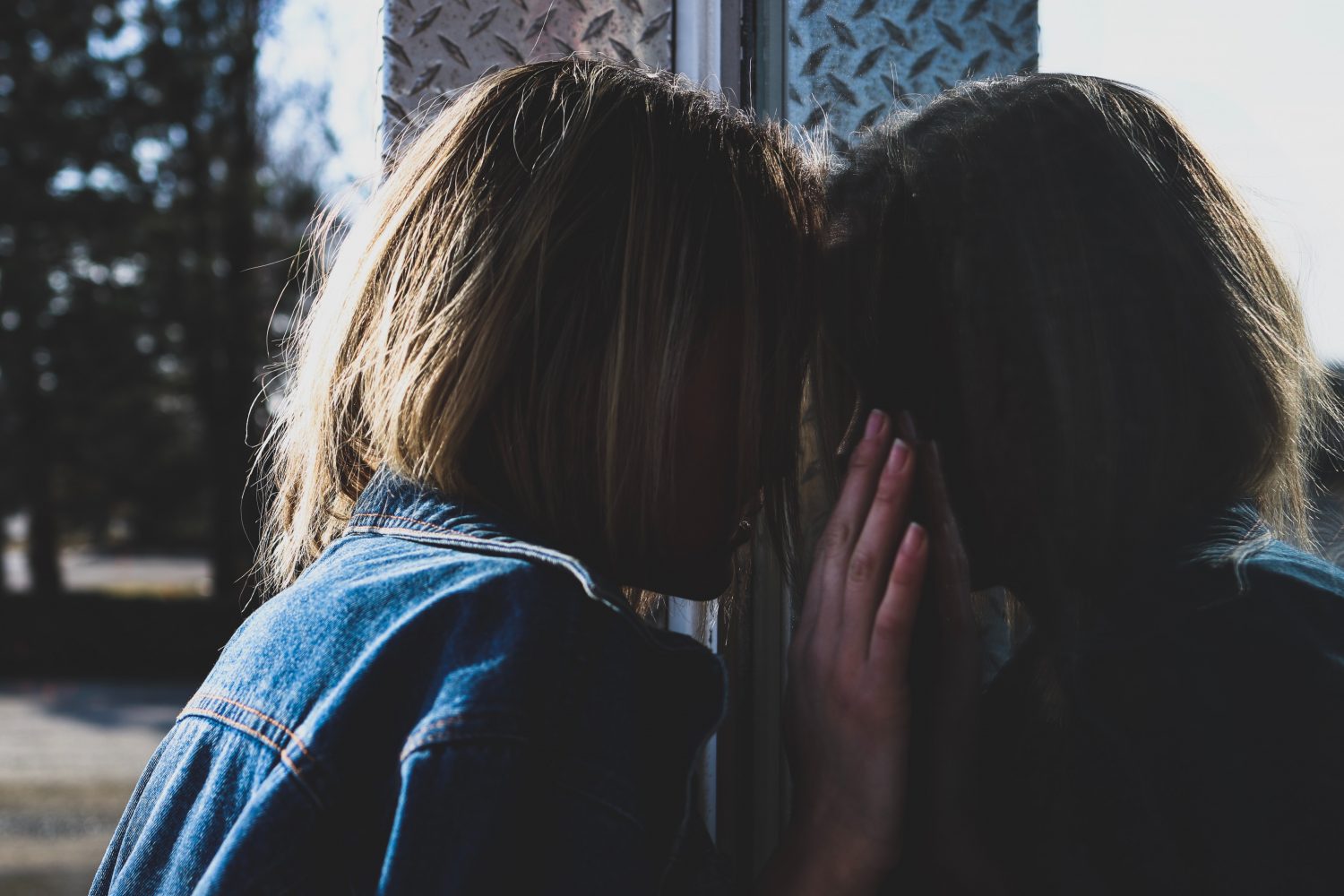An estimated 350 million people worldwide live with depression, yet it can make us feel completely alone, and as if we are the problem. Depression can feel intensely personal – like we've done something to deserve it, or have failed in functioning 'normally'. Of course, this is encouraged by the huge stigma around mental health issues, and the idea that depression is somehow 'made up' by those claiming to suffer from it.
We encourage people with broken legs or diabetes to see a doctor and undergo treatment, but when it comes to issues with the brain, we're much more hesitant. What if we're just imagining all these feelings? What if we're just 'seeking attention' by pretending to be unwell. All of these issues come from stigma, and it prevents people from getting the healthcare they need.
Let's take a look at 8 signs that show you could be experiencing depression. You could have all or some of these signs, and in that case, you should speak with a medical professional if you need help.
1. Waves Of Negative Emotion
This is the symptom most associated with experiencing depression. This negative emotion is more than just a bad mood that will pass. It can be in direct response to something.
The negative emotion associated with depression can include despair, emptiness, sadness, or physical pain in your body.
These feelings could come from seemingly nowhere, and take days, weeks, or months to pass.
Perhaps you're dealing with emotional dysregulation where you overreact to minor things in your life. If you're breaking down over food orders or TV advertisements, you may be experiencing the negative emotion that comes with depression.
2. Low Appetite, Weight Gain Or Weight Loss
Depression can affect your weight and appetite in different and unpredictable ways. You might have no energy and motivation to cook or prepare meals, so you might be eating less overall, or getting more takeaway. 'Depression foods' usually include convenience items with high fat or salt, but they might be the only thing you can muster up the energy to make for yourself.
People living with depression might comfort eat in order to make themselves feel better, or could stress eat out of restlessness and frustration.
Regardless, changes in appetite and food consumption usually come with depression and improve along with your mood.
3. Unpredictable Sleep Patterns
As with eating patterns, sleep patterns can be affected in various ways by depression. You could be absolutely exhausted and be spending all your time in bed. Oversleeping is a common way of facing depression, simply because you don't want to get up and face the day. Or, you can't get up and face the day.
For others, insomnia is a symptom of depression. This means you could feel exhausted but be unable to fall or stay asleep. Depression itself is exhausting, and you'll likely have a racing mind that prevents you from falling asleep.
Some people with depression experience nightmares and restless sleep. As with appetite, depression can manifest differently in sleep.
4. Loss Of Interest
When you're feeling well, you might enjoy spending time with people, pursuing hobbies, or staying active. When you're depressed, these activities might not bring the same feeling of satisfaction as they did before. You might not have the energy to participate, or you just don't have the will to even bother.
When you're depressed, it's difficult to maintain motivation and even your favorite things can seem totally insurmountable.
5. Self-medication
If we're not feeling like our best selves, some people living with depression turn to self-medicating as a solution. This could be drinking in order to pass the time or turning to pain medication or marijuana for relaxation and relief.
Self-medicating usually starts out gradually, but can build up over time so that it becomes a problem. You may start having a drink or a pill in order to sleep, and then find that you can't get to sleep without it.
While self-medicating can give relief, it isn't long-term, and might just exacerbate your depression.
6. Brain Fog
Brain fog isn't discussed much when we talk about the symptoms of depression. This is a feeling of haziness when you're living with depression, and it can be a real barrier to living life normally. If you're experiencing brain fog, you might have memory issues or struggle to find the right word. Basically, your brain feels like it's working more slowly than usual, and you might not have the perspective to see that it's only temporary.
Brain fog can make you feel crazy, but you aren't alone, and it will pass.
7. Total Exhaustion
Depression causes complete exhaustion, not just physical tiredness. Cognitive tasks take up energy too, and depression can take up a really big portion of your inner monologue.
Spending time feeling bad, and then feeling bad about feeling bad, is exhausting. Mentally and emotionally it can be hard to reckon with the feeling that there's something wrong with you.
If you find it difficult to rest and recharge, and experience chronic fatigue, you may be living with depression.
8. Suicidal Ideation And Self Harm
Being depressed is draining, and it can feel really hopeless sometimes. If you think about suicide or engage in self-harm, it isn't your fault and you aren't alone.
Depression can give us a lack of perspective, so we feel like it will be this way forever, and we can't imagine a way out.
Think about depression like rain. When it's raining we feel terrible, and we hate everything. We can't imagine it being sunny again, and we don't know when the rain will stop. Will it be tomorrow? Or next week? Or will it rain all year? The point is, the rain will pass, just like your depressive mood. This doesn't mean it will be cured or gone forever, but just that it won't last every day, and we can exist with it.
You are strong and brave and resilient, and if you're feeling suicidal then please speak with someone. If you don't want to talk to your family and friends about this, then contact the National Suicide Prevention Lifeline at 1-800-273-8255.
Finally, don't be scared of the idea of speaking to your doctor about anti-depressants. In the words of Dr. Akopian from Crazy Ex-Girlfriend:
Anti-Depressants are so not a big deal.



